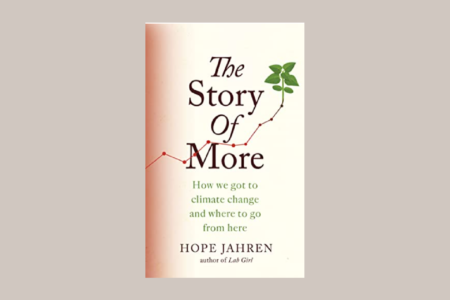My name is Fong Wang. Last year during the financial upheaval, I was looking to re-allocate a portion of my investments into sustainable investments, those with an ESG (Environment, Social, and Governance) focus. What I found was that the information I needed was decentralized and the tools were often not available to individuals. I founded Owl Investor to make sustainable investing accessible for individuals like you and me.
I’ve spent nearly two decades in financial services; during that time, I worked on multiple technology solutions to increase financial access. My biggest lesson learned was the potential of technology to deliver solutions that were previously unimaginable to improve financial outcomes for people. That’s what I’d like to replicate with a platform like Owl Investor.
What is one action item that people can take away from this conversation?
If you have not done this already, look up the sustainable impact report, sometimes called social responsibility report, of a company that is either in your portfolio or one that you are considering investing in to get to know their ESG track record.
Where do you see your industry going in ten years?
US sustainable investments totaled $17.1 trillion in 2020, which is up 42% from 2018. This means sustainable investments account for roughly 1/3 of managed assets in the U.S. If you look across capital markets globally, you will see a similar trend taking shape. In 2020, sustainable investments globally totaled $35.3 trillion, reflecting a 15% growth from 2018.
Besides changing stakeholder sentiments, regulators here and abroad are increasingly focused on how a company reports ESG performance. The enhanced transparency will only add to the prevalence of sustainable investing. Considering these developments, I’d expect sustainable investing to become an investment norm in the U.S, and globally.
Despite the increased demand for sustainable investments, designing an optimal investing strategy, one that aligns with your personal values and optimizes investment returns, remains challenging. As mentioned earlier, the lack of transparency into a company’s ESG performance makes it difficult to do an apples to apples comparison. This also means passive investing in ESG mutual funds and ETFs is less than ideal.
Before you take matters into your own hands and start assembling your own sustainable portfolio, it is important to differentiate between initiatives that address material ESG risks in the business, which can lead to better financial performance over time, versus ESG strategies that are generic. This is sometimes called “greenwashing” because it checks the box on ESG without improving the sustainable impact of a business. Lack of a diverse mix of low-cost ESG-optimized mutual funds and ETFs because ESG is still a nascent industry.
Owl Investor is your guide to growing your wealth – while supporting sustainable companies. Sign up for early access at Owlinvestor.com to receive the exclusive Owl Investor newsletter. Join leading investors at Owlinvestor.com to transition to a sustainability-first approach!

Green Success Stories is a television show, podcast, social media, and news platform, hosted by Dylan Welch, that highlights climate change scientists, renewable energy experts, and clean tech entrepreneurs by giving them a voice in the mainstream media. The Green podcast highlights leading experts in cleantech, sustainability, media, finance, and real estate. Tune in and subscribe to the podcast on Apple or Spotify to listen to interviews with leading cleantech and sustainable experts. If you are interested in being featured on Green, click HERE.




